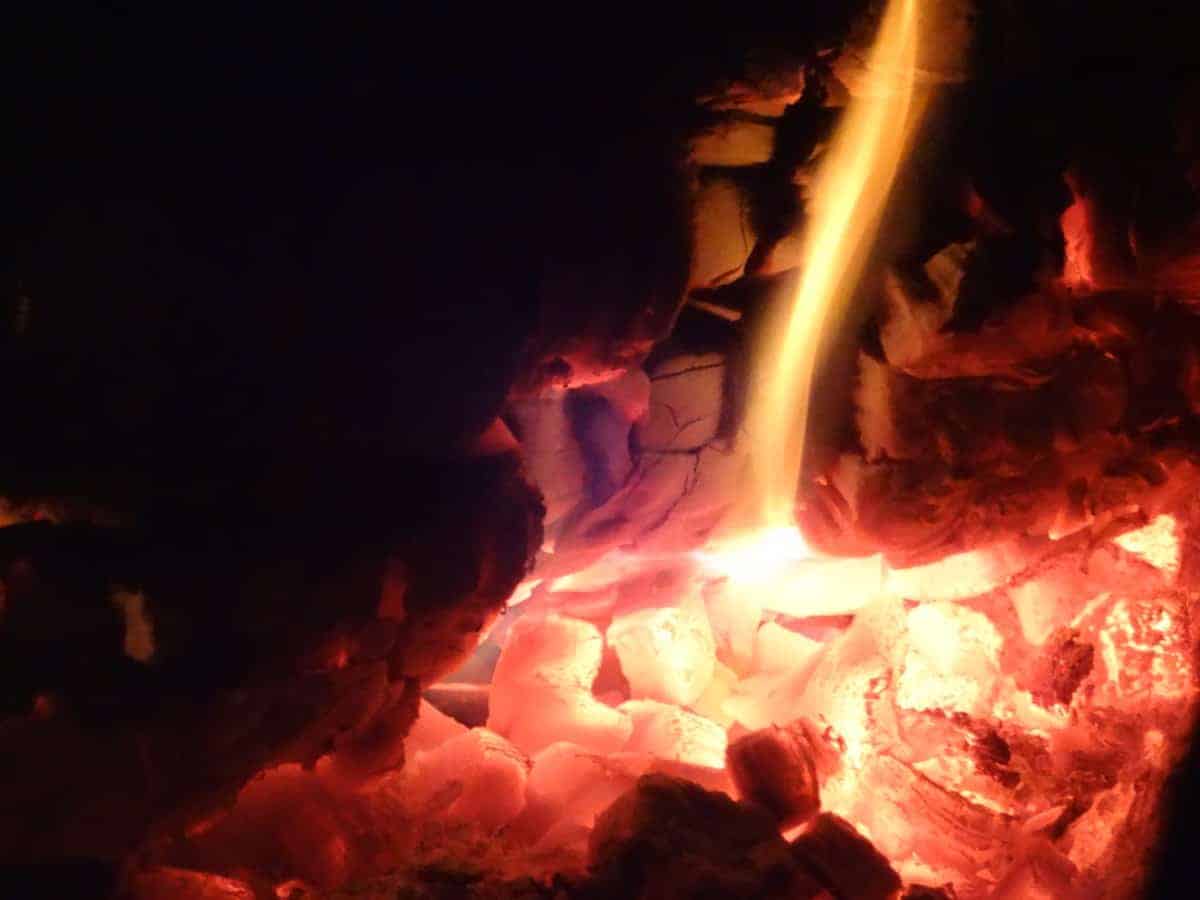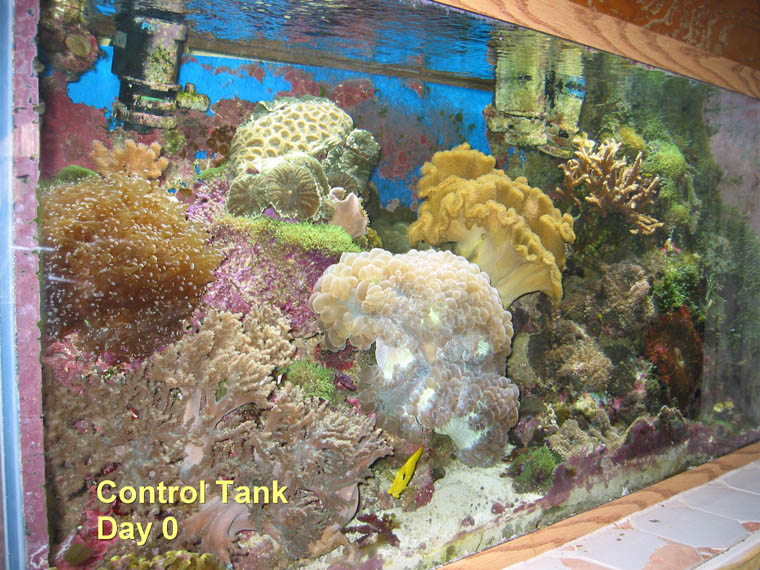Randy Holmes-Farley
Reef Chemist
View Badges
Staff member
Super Moderator
Excellence Award
Expert Contributor
Article Contributor
R2R Research
My Tank Thread
- Joined
- Sep 5, 2014
- Messages
- 67,122
- Reaction score
- 63,463
Never ever boil rock. There is a high chance of explosion. If you’re really trying to clean that exact rock, and your tank is already cycled soak the rock in bleach water for a week, then soak it in RODI for a few days and allow it to dry. That’s how I cured all of the rock in my tank
I'm curious. Have you seen an actual account that claimed reef rocks exploded on boiling?




















